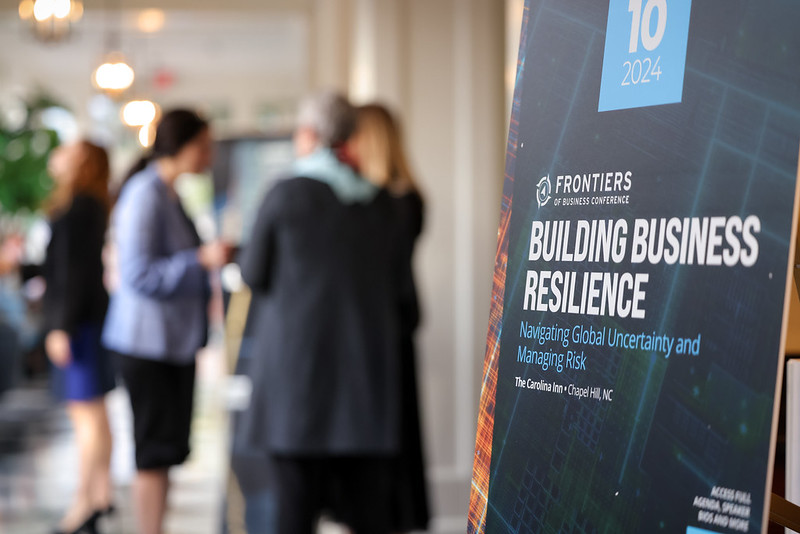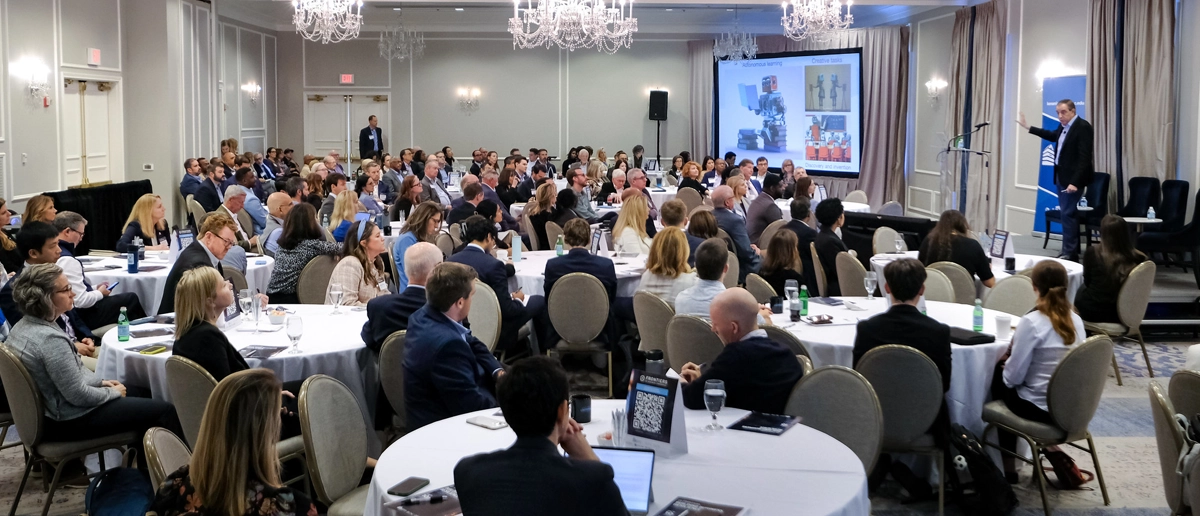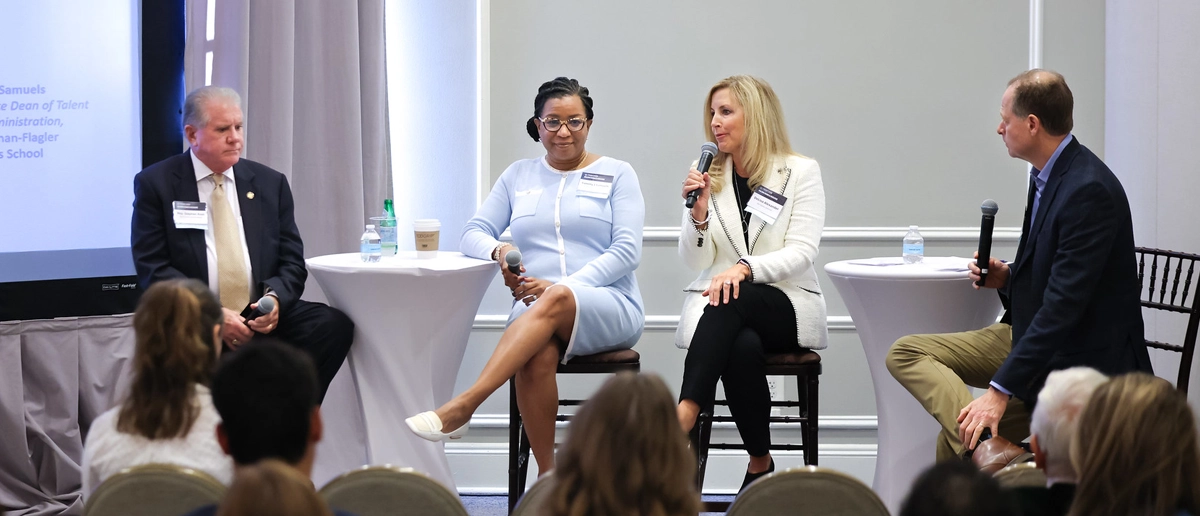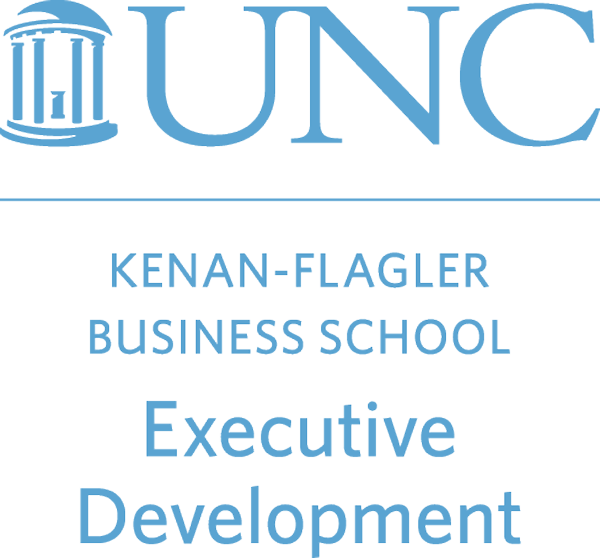To derive insights into how businesses can best navigate uncertainty, we brought together diverse perspectives including key research faculty from UNC Kenan-Flagler Business School and a class of five Distinguished Fellows. Throughout the year, we facilitated roundtable discussions and one-on-one conversations with leading business and policy figures, creating a dynamic feedback loop that kept our thought leadership both innovative and relevant.
I know I have learned so much throughout this year speaking with many of these experts, and I wanted to share three of the most salient insights. First, modern enterprises operate in an increasingly complex ecosystem of international markets, global supply chains and intricate business networks. This interconnectedness means that disruptions can ripple through the system with unprecedented speed and impact. In response, firms need to take a system-level approach to resilience.
Second, the abundance of data presents both an opportunity and a challenge for building resilience. While organizations have access to more information than ever before, the key lies not in data collection alone but in its astute interpretation. Leaders must understand their data's limitations, avoid confusing correlation with causation, and consider how competitors might react to the same information.
Finally, building resilience may require a fundamental shift in perspective – viewing change not as a hurdle to overcome but as an avenue for growth and strengthening. While this approach demands resources and creates trade-offs with short-term profits, resilient businesses prove their worth over time.
While this year's Grand Challenge on business resilience did not specifically focus on the impacts of natural disasters, recent events have underscored the vital role that resilient enterprises play in supporting communities during times of crisis. During the response efforts for Hurricane Helene in Western North Carolina and elsewhere, resilient businesses demonstrated their value far beyond their own bottom lines.
Beyond disaster relief, the adaptability of resilient businesses will be essential for helping society to navigate the constant change and disruption that lies ahead. Their ability to thrive through turbulence will drive long-term economic growth and improve societal well-being for all. In an era of assured disruption, cultivating business resilience is not just a competitive advantage – it is a responsibility that benefits the broader community.
This report represents the culmination of our comprehensive yearlong initiative, encompassing our written content, Kenan Insights and commentaries, and our events. The depth and quality of our findings reflect the contributions of experts across academia, industry and policy, alongside the dedication of the Kenan Institute staff. Their collective expertise has enhanced our understanding of business resilience in all its complexity.
As you review our findings, as always, we invite your engagement – your feedback is invaluable to us. Please feel free to contact me or any of my colleagues to share your thoughts and continue this vital conversation.
Contact Me


































































































